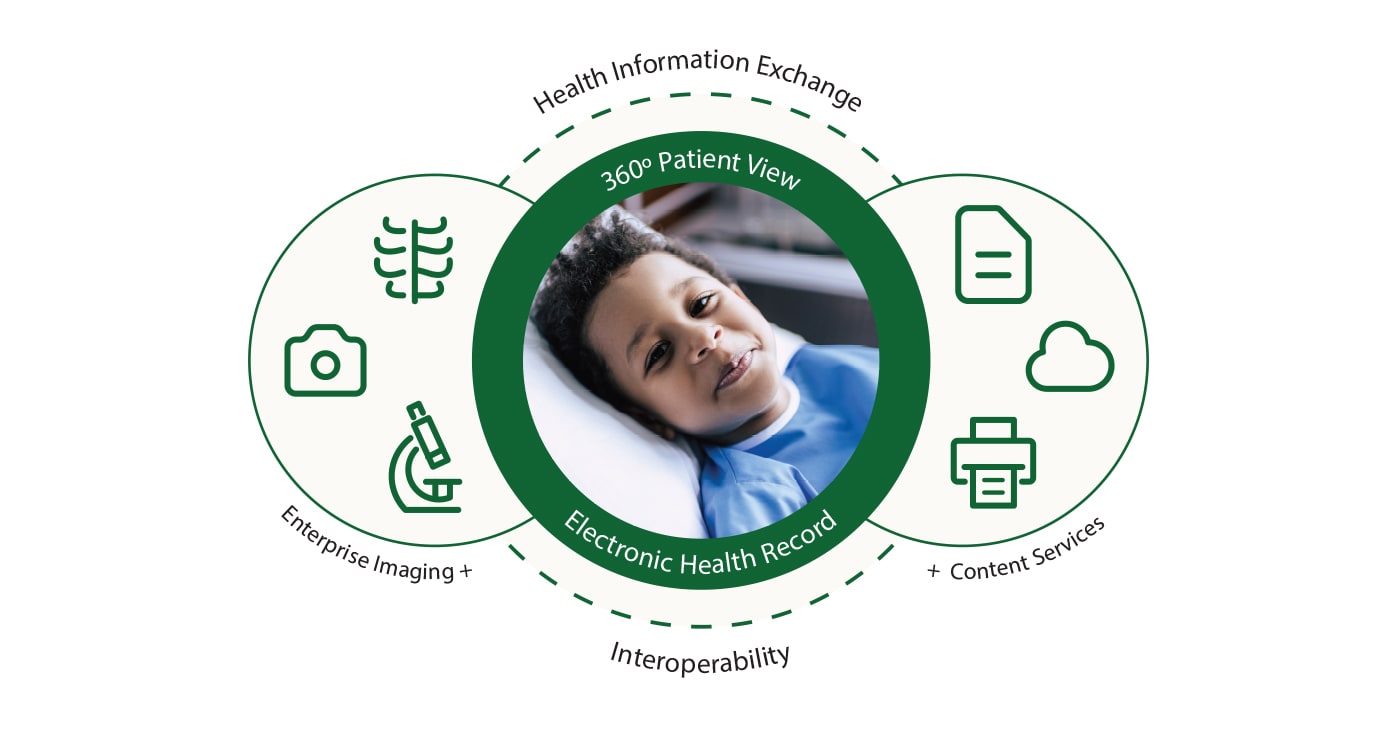Healthcare RCM Devices to Make Best Use Of Income and Decrease Denials
Healthcare RCM Devices to Make Best Use Of Income and Decrease Denials
Blog Article
Comprehending the Function of Health Care RCM in Enhancing Financial Efficiency and Individual Contentment
Browsing the complexities of Medical care Income Cycle Management (RCM) is crucial for achieving optimal financial efficiency while at the same time boosting patient contentment. RCM's capability to improve invoicing, make certain accurate coding, and expedite claims processing stands as a keystone of modern medical care procedures. Nonetheless, the nuanced interplay in between these elements warrants a better evaluation to totally value their effect on both doctor and patients. As we explore the transformative capacity of RCM, questions regarding its critical implementation and future advancements beckon, appealing insights that might redefine industry requirements and individual experiences alike.

Key Components of RCM
In the facility landscape of healthcare, Earnings Cycle Administration (RCM) is crucial in making sure financial security and functional effectiveness. A comprehensive RCM system encompasses several critical elements, each playing a vital duty in the smooth administration of a health care service provider's economic processes. Patient registration and eligibility confirmation are fundamental actions, making sure that exact individual details is caught and insurance policy protection is verified prior to solutions are rendered. This minimizes the risk of claim rejections and speeds up the reimbursement process.

Charge capture is one more crucial element, including the accurate recording of services offered to individuals. It makes certain that all billable solutions are made up, consequently maximizing revenue potential. Simultaneously, medical coding translates patient encounters right into standard codes, which are vital for payment and regulatory conformity.
Claims submission and administration follow, involving the prep work and submission of insurance claims to payers. This process needs thorough interest to information to reduce mistakes and stop hold-ups. Rejection administration is an aggressive method to deal with and settle denied insurance claims, securing profits streams.
Finally, payment publishing and individual collections finish the cycle, making certain repayments are precisely recorded and outstanding balances are sought. With each other, these components create a robust structure that sustains the operational and financial wellness of health care companies.
Influence On Financial Efficiency
Effective Income Cycle Monitoring (RCM) considerably affects a health care company's financial performance by optimizing cash money flow and reducing profits leakage. RCM encompasses the comprehensive invoicing and collection procedures that make certain doctor effectively handle their financial deals from patient enrollment to last payment. By simplifying these processes, companies can minimize rejected cases, quicken payment cycles, and improve general monetary health.
Economic performance is improved with careful management of payment procedures, which includes accurate coding and timely submission of cases. This lowers the chance of claim denials and denials, which can dramatically impede income circulation if not resolved promptly. Additionally, integrating advanced technology solutions helps with real-time monitoring of insurance claims and monetary metrics, giving medical care managers with the devices required to make educated strategic choices.

Enhancing Patient Satisfaction
While enhancing monetary efficiency is a vital objective of Earnings Cycle Management (RCM), it additionally plays a pivotal role in enhancing client fulfillment. By lowering administrative concerns, RCM permits healthcare companies to concentrate a lot more on person care, which directly enhances patient contentment.

RCM additionally boosts person complete satisfaction with reliable communication. By keeping an extensive data source of patient info, RCM helps with boosted communication between patients and doctor, making certain clients really feel educated and valued. This transparency and ease of access cultivate a positive client experience. In general, efficient RCM implementation not only enhances monetary results but likewise significantly contributes to a patient-centered health care setting.
Techniques for Reliable RCM
Accomplishing effective Profits Cycle Administration (RCM) needs healthcare organizations to implement a collection of calculated techniques that ensure financial stability and operational effectiveness. One vital method is the fostering of technology-driven remedies, such as incorporated software application platforms that simplify billing procedures, decrease mistakes, and enhance information precision. These systems make it possible for real-time monitoring of financial metrics, allowing for timely identification and rectification of inadequacies.
One more method is the standardization of procedures throughout the profits cycle. Healthcare RCM. This includes creating constant plans for individual registration, insurance coverage verification, and asserts processing. By making certain that all personnel stick to these requirements, companies click for more can decrease disparities and accelerate payment collections
Team training and development additionally play a pivotal function in efficient RCM. Trained employees can efficiently browse complex invoicing treatments and laws, minimizing rejections and improving cash flow. Regular updates on plan adjustments and finest methods help keep a educated and proficient labor force.
Future Trends in RCM
As healthcare organizations boost their Profits Cycle Administration (RCM) approaches with modern technology and standardized processes, focus is now turning in the direction of the future patterns shaping this critical location. One significant fad is the assimilation of artificial knowledge (AI) and device understanding to automate complicated tasks, such as cases processing and anticipating analytics. These innovations are anticipated to lower mistakes, accelerate transaction times, and provide data-driven insights for better decision-making.
Additionally, the shift towards value-based treatment continues to influence RCM practices - Healthcare RCM. Health care suppliers are anticipated to significantly focus on person outcomes and complete satisfaction, demanding RCM systems that can accommodate brand-new compensation versions. This change will require more comprehensive data collection and analysis to effectively determine and report on efficiency metrics
Interoperability is one more arising priority, as smooth data exchange between disparate systems comes to be important. Enhanced interoperability will certainly assist in more accurate patient details sharing, reducing administrative concerns and enhancing the person experience.
Conclusion
Health Care Revenue Cycle Administration (RCM) substantially affects both economic performance and client fulfillment by enhancing billing processes, ensuring specific coding, and allowing punctual claims entry. Reliable RCM reduces income leak and increases cash circulation, reducing case denials and quickening payments.
Navigating the intricacies of Healthcare Revenue Cycle Management (RCM) is vital for attaining ideal monetary efficiency while all at once boosting patient contentment. RCM encompasses the comprehensive invoicing and collection processes that ensure health care suppliers efficiently manage their economic transactions from client registration to last repayment. By reducing administrative problems, RCM allows medical care suppliers to focus much more on individual treatment, which directly improves client This Site contentment.
By preserving an extensive data source of patient details, RCM assists in boosted communication between individuals and medical care companies, ensuring clients really feel notified and valued.Healthcare Earnings Cycle Management (RCM) considerably influences both economic performance and individual contentment by enhancing invoicing procedures, guaranteeing exact coding, and making it he said possible for prompt insurance claims submission.
Report this page